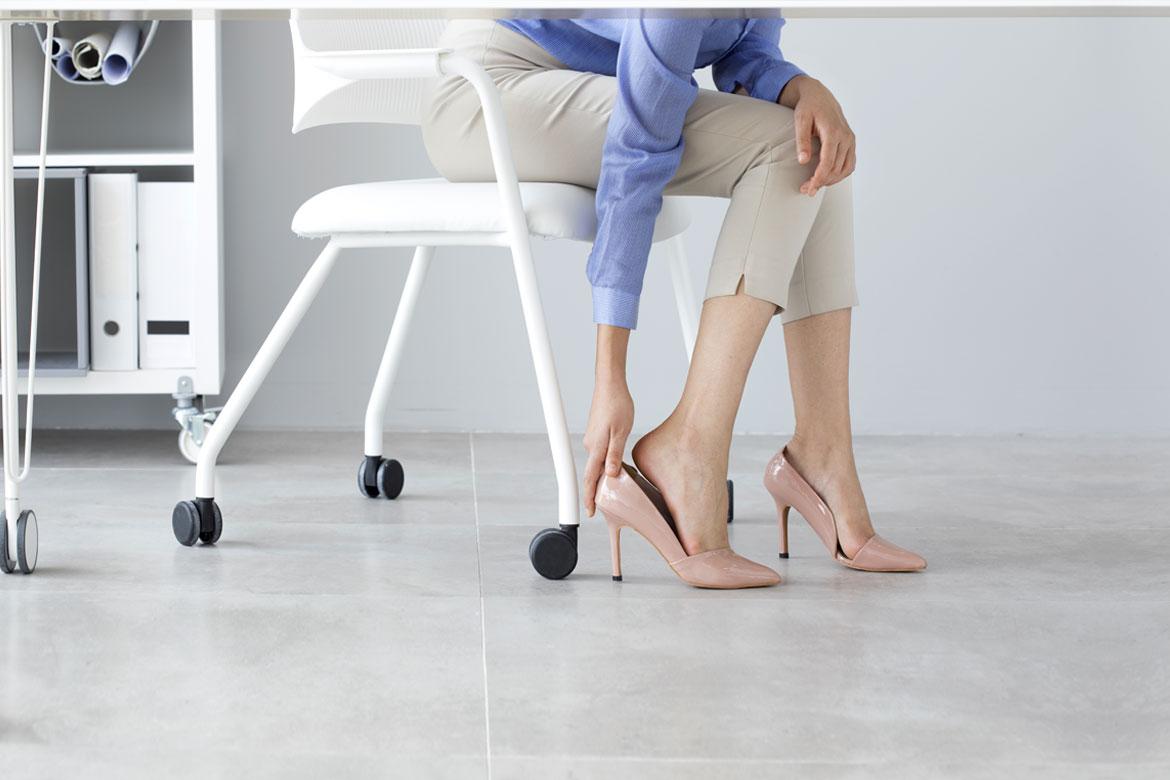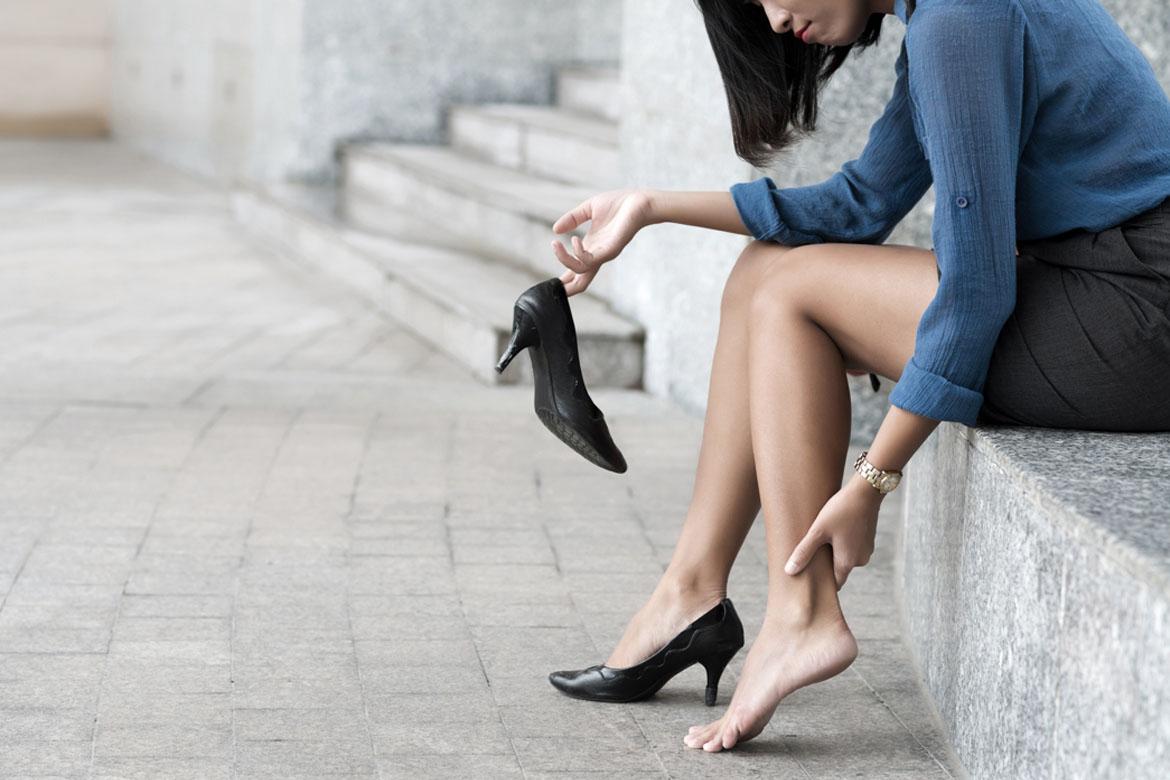-
-
Featured Care Areas

Achilles Tendonitis
Frequently asked questions
A: With anaesthesia, you should not feel any pain during the surgery. You may feel pain after the surgery when the effects of the anaesthesia wears off. Your doctor will prescribe medication to help you manage the pain.
A: The Achilles tendon is not a muscle but a strong band of tissue connecting your calf muscles to your heel bone.
A: The Achilles tendon withstands a lot of stress daily when you walk, run or jump. Achilles tendonitis occurs due to repetitive or intense strain on the Achilles tendon, or if you suffered a sudden injury to the area. In severe cases, the tendon may tear.
A: It may take months for your Achilles tendon to heal fully, depending on the extent of your injury and your general state of health.
A: Non-surgical treatments may involve medication to reduce pain and physiotherapy to strengthen your calf muscles and the Achilles tendon. If there is a partial or complete tear, your doctor may recommend surgery to repair the ruptured tendon.
A: With proper treatment and care, your Achilles tendon will heal. However, you need to take special care as the recovered tendon is more vulnerable to injury.
A: To reduce pain, your doctor may recommend a combination of rest, heat or ice packs to reduce swelling, medication or physiotherapy. If your pain is intense and persistent due to a tear in the Achilles tendon, you may need surgery to repair the tendon.
A: Using a kinesiology tape can provide additional support to your Achilles tendon while it heals. Ask your doctor about taping methods to improve your condition.
This coverage checker is brought to you by Health Insured, an online resource that helps you understand your health coverage in Singapore.
This page has been reviewed by our medical content reviewers.
Need help?
For enquiries, please call
+65 6377 3737
For appointment bookings, please WhatsApp
+65 8111 3777




